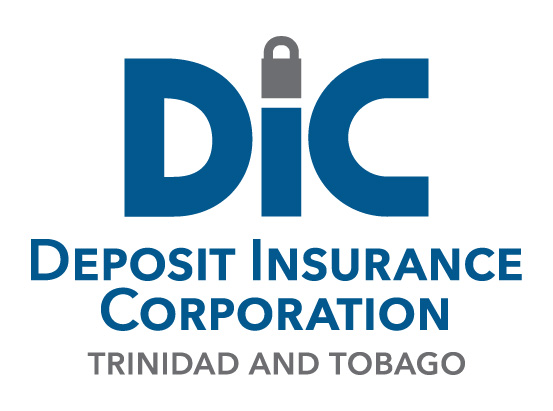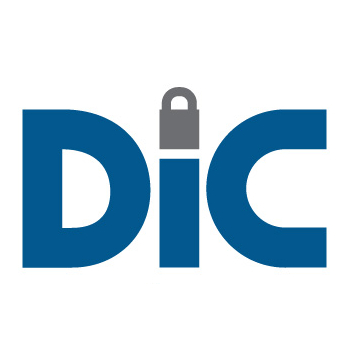Yes. Certain cash liabilities in respect of which an institution is primarily liable, such as cashier’s cheques, money orders and drafts, are treated in the same manner as a deposit and added to any other deposits held in the same right and capacity by the claimant, and insured in the aggregate to a maximum of TT$200,000.
Frequently Asked Questions
- How does the closing of an institution affect interest accruing on a deposit?
- In the event of a deposit transfer, how will a depositor know when and where he can withdraw his funds?
- Will shareholders of an institution receive any part of their investment before depositors’ claims are satisfied?
- Will the Corporation offset a deposit balance held by a customer against the balance due on the loan?
Did You Know?
- Misconception: Depositors of a failed member institution have an unlimited time within which to make a claim on the Fund. - Fact: Depositors are granted a 12 month window in which to make a claim after which they can claim against the estate of the failed member. After the passage of 12 months, claims can only be made against the estate of the failed member institution payment for which would depend …




